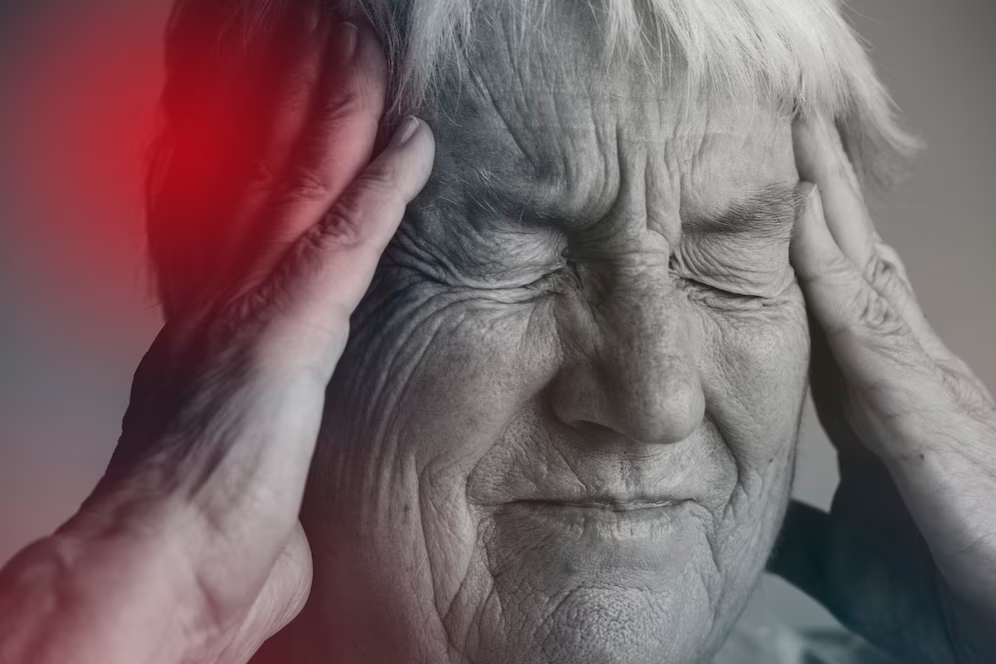Alzheimer's disease, a brain disorder characterized by the gradual loss of memory and thinking skills, is considered one of the leading causes of dementia. People over the age of 60 are at a higher risk of developing Alzheimer's disease. Globally in the year 2019, the number of Alzheimer's and dementia patients was recorded 160.84% more than in 1990. Mental health experts recognize this as a serious problem, in which diseases require prompt treatment.

Researchers are constantly studying how the risks of this neurological disease can be reduced. Recent reports suggest work is underway to initiate a clinical trial to evaluate the effectiveness of glutathione therapy in the early stages of Alzheimer's disease. The clinical trial will be the first of its kind in India to find out how giving the antioxidant glutathione orally can affect the progression of the disease.
Studies on Glutathione Therapy
The aim of this trial is not only to provide timely treatment to patients but also to potentially save people from progressive neurological disease. This study is funded by the Department of Biotechnology (DBT).
There is currently no specific cure for Alzheimer's disease, but some medications may temporarily help stop the symptoms from getting worse. Therapy with medications may also help reduce behavioral symptoms. Scientists say that with the help of glutathione, benefits can be found in this disease.

Know the functions of glutathione
Glutathione is a chemical and antioxidant present in the brain. The brain consumes oxygen for its normal functioning and, in the process, creates charged particles from naturally occurring metals, including iron, in the brain. These charged particles combine to form radicals, which can promote oxidative stress in the brain, which puts brain cells or neurons at risk of damage. Researchers are now looking into the use of glutathione as promising.
What has been found in the studies so far?
Animal studies have shown evidence of glutathione therapy helping to scavenge toxins and protect the brain from oxidative stress. Researchers say that Phase III clinical trials will help to better understand the effects of glutathione.
We are hopeful and positive about the cognitive improvement of people after taking glutathione,” says Pravat Mandal, senior scientist and head of the trial at, the National Brain Research Center (NBRC), Gurugram.

Five million Indian people will be able to get the benefit
If proven effective, it could benefit around 5 million Indians with mild cognitive impairment problems (MCI) and early Alzheimer's disease. Notably, the Alzheimer's Association, US, earlier this year estimated that 8.8 million Indians above the age of 60 are at risk of dementia, posing serious health risks to the elderly.
(PC: Freepik)










